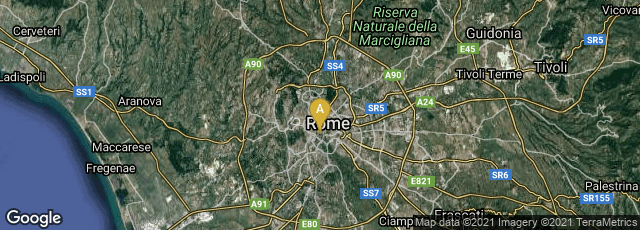

Copies of Acta Diurna ("Daily Events", or the "Daily Public Record"), were carved on stone or metal and presented in message boards in public places like the Roman Forum beginning about 130 BCE. They were also called simply Acta or Diurna or sometimes Acta Popidi or Acta Publica. These are thought to be the first daily gazettes.
"Their original content included results of legal proceedings and outcomes of trials. Later the content was expanded to public notices and announcements and other noteworthy information such as prominent births, marriages and deaths. After a couple of days the notices were taken down and archived, (though no intact copy has survived to the present day).
"Sometimes scribes made copies of the Acta and sent them to provincial governors for information. Later emperors used them to announce royal or senatorial decrees and events of the court.
"Other forms of Acta were legal, municipal and military notices. Acta Senatus were originally kept secret, until then-consul Julius Caesar made them public in 59 BCE. Later rulers, however, often censored them" (Wikipedia article on Acta Diurna, accessed 07-31-2009).